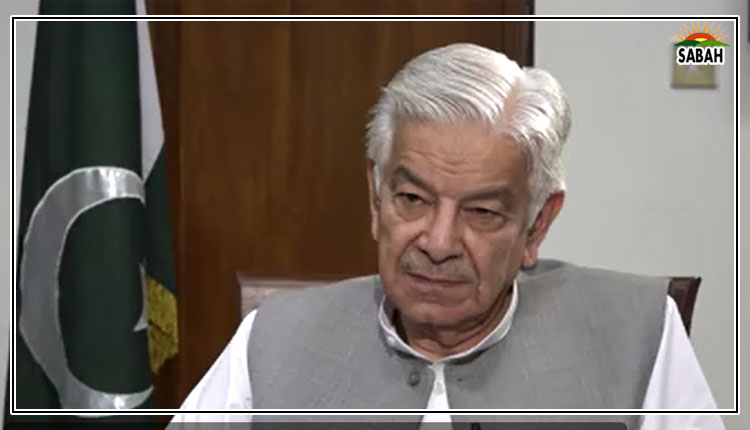Carbon markets ….Maha Qasim
AS COP28, the annual global climate conference, approaches, the demand for carbon offsets has surged, particularly from this year’s host, the United Arab Emirates, and its neighbour Saudi Arabia. With relatively small populations but with large emissions-intensive industries, such as those producing oil and gas, petrochemicals and fertilisers, both nations are among the top 10 globally in terms of per capita emissions (2021), and are gearing up to decarbonise their respective economies.
Private entities or governments can use voluntary carbon markets (VCM), where they trade carbon offset credits representing the avoidance or removal of greenhouse gas emissions, to mitigate any greenhouse gases they generate. The UAE recently updated its Nationally Determined Contribution (NDC) — the GHG reduction commitment to the United Nations Framework on the Convention on Climate Change (UNFCCC) — increasing its emissions reduction target from 23.5 per cent to 31pc by 2030.
Saudi Arabia is also investing in the green economic transition through the Middle East Green Initiative and significant purchases of carbon offsets from voluntary markets, signing agreements with African governments to protect and preserve large tracts of forests. These dense forests serve as natural carbon sinks, which absorb GHGs such as carbon dioxide from the atmosphere and convert them into biomass through the process known as photosynthesis.
Nature-based solutions both reduce and remove harmful emissions from the atmosphere, either through the protection of forested landscapes to prevent deforestation, or the restoration of degraded ecosystems to enhance GHG removal from the atmosphere. Each metric tonne of carbon dioxide or equivalent emissions reduced or removed is equal to one carbon offset. These carbon offsets can be traded in international VCMs.
We are losing out on a critical source of climate finance.
Owing to a combination of factors, it is easier and cheaper to reduce and remove GHGs in some locations than in others. These include a country’s existing emissions profile, the availability of feasible, low-cost solutions to reduce or remove atmospheric GHG emissions, the availability of significant natural resources and access to cheap labour. However, in the absence of a robust carbon market policy, Pakistan will lose out on a critical source of international climate finance that could have provided a vital boost to its ailing economy.
Nature-based carbon sequestration projects can generate revenue over many years. Governments and project developers can earn revenue by establishing nature-based carbon offset projects either through avoiding deforestation, or through reforestation and restoration of degraded land. Typically, such projects have low capital costs and additional environmental and social co-benefits through job creation, enhanced environmental quality, etc.
The Paris Agreement allows private entities to offset their emissions using carbon offset credits purchased from the VCMs. However, to avoid double-counting, these cannot count towards the NDCs of the country generating these offsets. Private entities need an undertaking from the national government that it will make ‘corresponding adjustments’ in its NDC targets by excluding those private carbon credits. To make corresponding adjustments, a government needs a carbon market policy to regulate the trade of carbon credits so that NDC commitments are not compromised.
The absence of a carbon markets policy increases investor risk, as there are no clear guidelines for potential carbon offset project developers to invest in Pakistan. There is a lack of clarity regarding revenue distribution from carbon offset projects between the federal and provincial governments. The Delta Blue Carbon Project, a mangrove restoration project in Sindh, has been generating revenues from carbon offsets since 2015. The Sindh Forest Department, one of the project developers, sought a no-objection certificate from the federal climate change ministry to continue selling the carbon offsets generated from the project in international VCMs. However, the ministry tried to convince the Sindh government to allow the carbon offsets to count towards Pakistan’s NDCs to the UNFCCC. In addition, these carbon offsets cannot be sold to entities within Pakistan, as there is no national carbon market policy to govern such transactions.
Jordan has successfully developed a robust institutional and regulatory framework to participate in international carbon markets backed by digital infrastructure to transparently track and transact GHG emission reductions. Pakistan can develop similar infrastructure to encourage the development of high-quality carbon offset projects which can generate essential funds and protect the country’s vast nature reserves for its future generations.
The writer is a climate finance and sustainability expert.
Courtesy Dawn, September 26th, 2023












